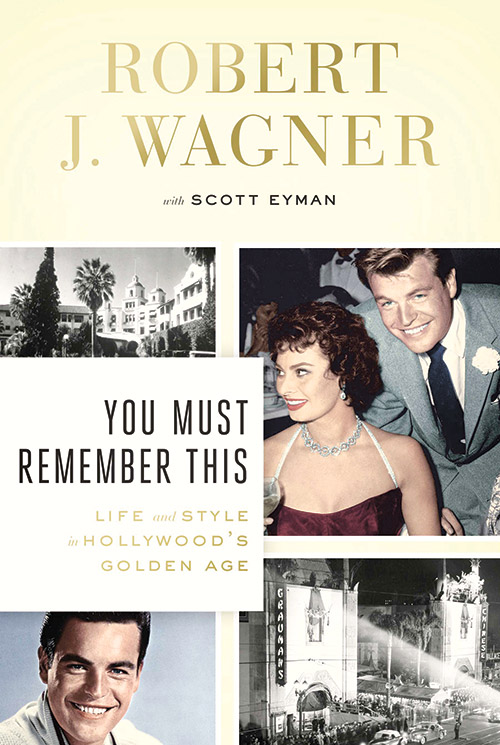

To play piano, ride a bike, or tie your shoes, you use your procedural memory, your memory for skills and habits. It’s the type of memory that you use to travel back in time and re-experience a prior event such as the birth of a child or a trip to the grocery store. Episodic memory is your memory for events or episodes of your life. Alzheimer’s tends to affect some types of memory more than others.

The answer is that memory is not one thing. At the appointment, her daughter asked me a couple of very good questions: How can she still play piano-and play it well-when she can’t remember her own grandchildren? How can she still remember all the recipes she used to cook when she was growing up, when today, she can’t even remember whether we went to the grocery store an hour later? She is the grandmother of three children and five grandchildren, and has been living with the disease for a number of years. In the clinic last week, I saw one of my patients who has Alzheimer’s disease. Listen to the audio version-read by Andrew and Elizabeth-in the Next Big Idea App.
#I REMEMBER YOU BOOK HOW TO#
Andrew Budson is the Chief of Cognitive and Behavioral Neurology at the Veteran’s Affairs Boston Health Care System and Professor of Neurology at Boston University.Įlizabeth Kensinger is a professor and Chair of the Department of Psychology & Neuroscience at Boston College.īelow, Andrew and Elizabeth share 5 key insights from their new book, Why We Forget and How to Remember Better: The Science Behind Memory.


 0 kommentar(er)
0 kommentar(er)
